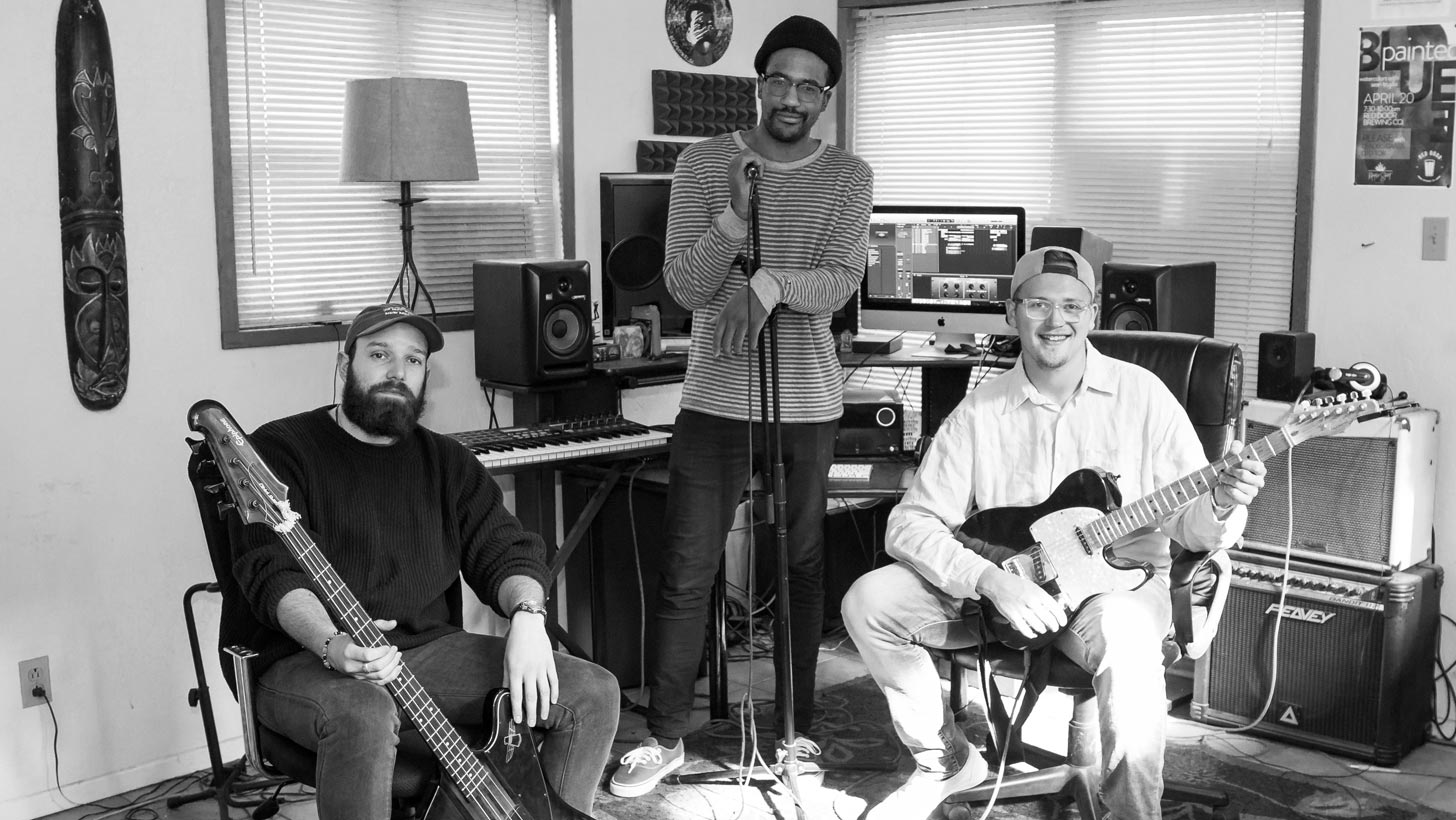Albuquerque has a history of encouraging and supporting local recording studios. That support helped propel Burque’s music scene to a consistent level of excellence that remains unmatched, even in bigger cities like Denver and Phoenix. From Dick Stewart’s Lance Records in the ’60s to engineer John Cline’s association with formative Burque rock acts like the Planets in the ’70s through Manny Rettinger’s UBIK sound in the ’80s and Alan Deem’s/Keith Herrera’s ’90s music behemoth, Resin Records, local recording studios and record labels have provided the imagination and the gear necessary to drive the local scene through some totally awesome sonic scenery.Though that’s in the past, the future looks pretty damn solid too. Among the standard-bearers of our town’s latest generation of sonic seers, the dudes at Maple Street Records are impressive because of their commitment to making Burque an all together amazing place to listen, rock out or groove to the beauty and majesty that comes out of the hearts of local artists.Maple Street Records is Manu Sandoval, Zach Spalsbury and Drew Mitchell. Together, these enlightened, hard-working millenials are toiling day and night to make sure that the legacy of Albuquerque’s storied music scene continues and is augmented by what comes next.Last week, the trio behind the consoles at Maple Street stopped by Alibi HQ for a chat. Through an hour filled with too much coffee and a lot of obscure studio-terminology banter, the three young men made clear their plan to make Burque a top destination for music lovers while also bringing some of it’s most innovative players and composers to audiences around the Duke City.Weekly Alibi: How about a brief introduction for Alibi readers?Manu Sandoval: We are a record label and recording studio that is actively working to make Albuquerque a top destination for music lovers. We do that by working with up-and-coming artists that we think deserve to be heard.Were you involved with that city government initiative, during Berry’s term, to increase our town’s musical notoriety?Zach Spalsbury: Indeed, we were very excited to see that he (former Mayor Berry) was kinda on-board with what we were seeking for the city, also, but it didn’t really get past the planning stages.I think Mayor Keller is going to be a lot more accessible when it concerns arts in the city. I’ll hook you up with some phone numbers … they’re [the Keller administration] much more amenable to new ideas it seems; speaking of new ideas, what do you all have in your bag, Burque-wise?Manu: This is what we’re bringing to the table: We are proposing a new version of what a record label is, what a studio can do for artists. That involves a lot of collaboration, bringing people in from all sorts of different genres to make music in a central location that’s supportive, comfortable and technically capable.So that sort of follows my line of thought lately; the studio scene here in Burque seems to be more vibrant, more productive than the live music scene. Does that make sense to you all?Drew Mitchell: Well, we do the Wednesday night hip-hop shows at Burt’s [Tiki Lounge] and that’s been going pretty good. I think, like Zach implied earlier, audiences are just waiting for artists to bring the energy they have in the studio out to local venues.Do you think Albuqueruque audiences are burnt out on rock music?Zach: It’s the reggae, man.Drew: With the upcoming hip-hop scene, it kinda feels like thus far people in Albuquerque are taking hip-hop as seriously as we’re taking it … in that sense we’re trying to push forward, trying to redefine what music in Burque is.Manu: Maybe hip-hop is the most obvious influence with [young] musicians in Burque these days, but like Drew mentioned, you can’t forget about reggae [and roots music] that’s huge in this city and with us.What sorts of influences are you all bringing into the game?Manu: I grew up listening to a lot of classical music; also Christian pop. That combination was definitely a trigger for me to go exploring.Drew: I was always way into my dad’s records, the records he’d play for me. A lot of soul, R&B from the ’90s. I started playing guitar when I was 12.Zach: I grew up listening to ’70s rock, and then old country from the ’50s and ’60s. I got into hip-hop through Wu-Tang Clan.That seems to be the story of American suburban youth in the ’90s … how do those various influences work through your current project?Zach: Once we got together and started making music, it worked really well, the blending, the diversity and differences. We began to wonder if we could affect the same sort of success in other musicians too; we were really excited about what we were doing and wanted to spread that process, so to speak.Manu: We’re really excited about our new EP, Please + Volume Two, but are just as excited about the other artists were working with in the studio. One that stands out lately is Valerie Clougherty, a singer-songwriter that came to us from UNM; it’s been really cool to see her work develop in the studio sessions we’ve had together. It’s really awesome to facilitate creative growth among the young artists in this town, to have that be your mission.

